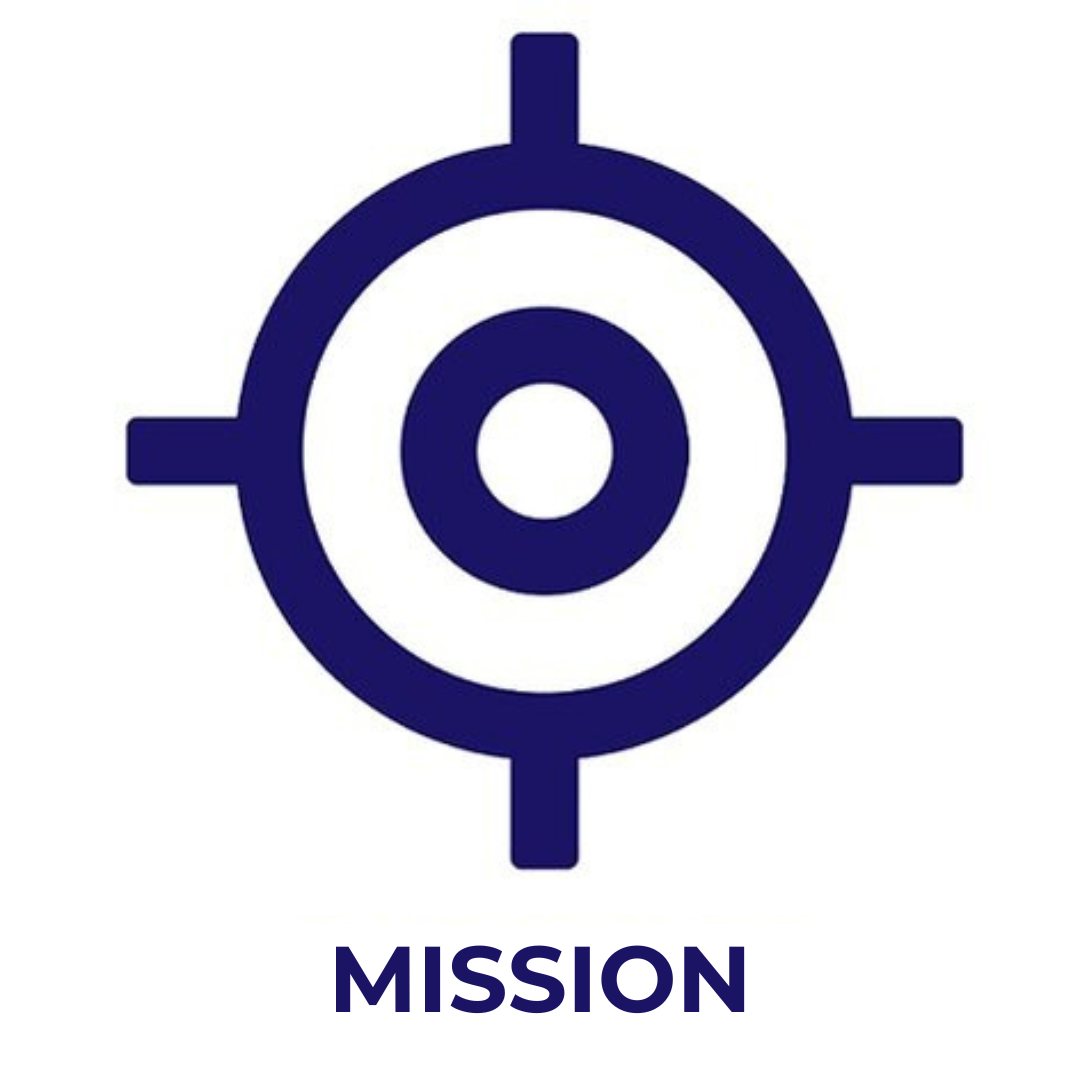purpose
Having demonstrated its potential to address development deficits, India now seeks a transition to middle-income country status. A challenge of such scale, requiring a tangible transformation in the lives of a billion people, is especially acute when the world is in flux. Many western countries are unable to find ways to generate economic growth, Africa and Asia continue to struggle with weak state capacities and sharp societal divides, and the impact of technology and urbanisation on all communities is unprecedented.
The march of modernity has already unleashed new and complex policy challenges for India, such as growth without jobs, digitalisation without equity, and markets without depth. Protectionism, which is on the rise globally, only entrenches these challenges.
India’s institutions need to balance the imperatives of enhancing innovation and generating value, with an equal focus on the people who will constitute the entire supply chain of the Fourth Industrial Revolution – human capital which constitutes the resource, the processing unit, and the end user. However, most domestic institutions continue to grapple with legacy problems that prevent the world of bits and bytes from improving the world of atoms, such as lack of awareness, capacity, diversity and technical know-how.
The Esya Centre’s mission therefore is to generate empirical research and inform thought leadership to catalyse new policy constructs for the future. It simultaneously aims to build institutional capacities for generating ideas which enjoin the triad of people, innovation and value, consequently helping re-imagine the public policy discourse in India.
The Esya Centre invests in ideas and encourages thought leadership through collaboration. This involves curation of niche and cutting-edge research, and partnerships with people, networks and platforms.
Even as policy environments become more complex, solutions need not be. The Esya Centre uses multi-dimensional approaches to solve policy challenges.
Research communities rarely communicate outside their domain areas. The Esya Centre prioritises multi-disciplinary research to engender “research clusters”, through which practitioners and researchers collaborate.
The Esya Centre applies a “data-first” approach to avoid opinion-driven research. It does so by harnessing a variety of primary and secondary sources towards building sound empirical underpinnings for all research.
The Esya Centre galvanises the best minds from across the world on ideas that impact India – with a focus on building decision-making capacities within government.
Esya is a centre for praxis – for conversion of ideas nurtured at the Centre into actionable excellence.
IPR & INNOVATION
A large share of technology policy as we know it today lies at the intersection of these two important themes.
EMERGING TECH
The future of economic regulation in India must be aimed at unlocking value through technology.
COMPETITION
The impact of technology on the real economy is largely through labour and productivity related transmission channels.
INTERNET GOVERNANCE
Over the next decade, India will need to (re)define norms and rules for the internet to actualise social and economic goals.




